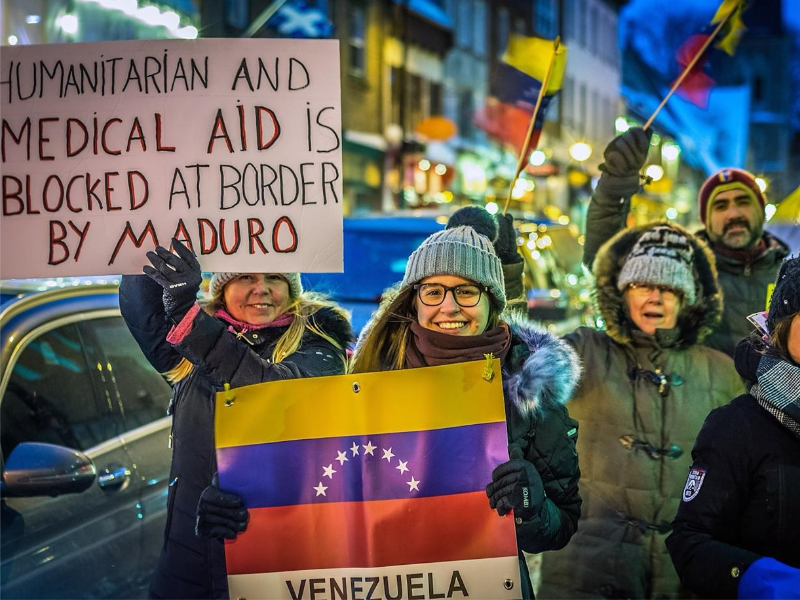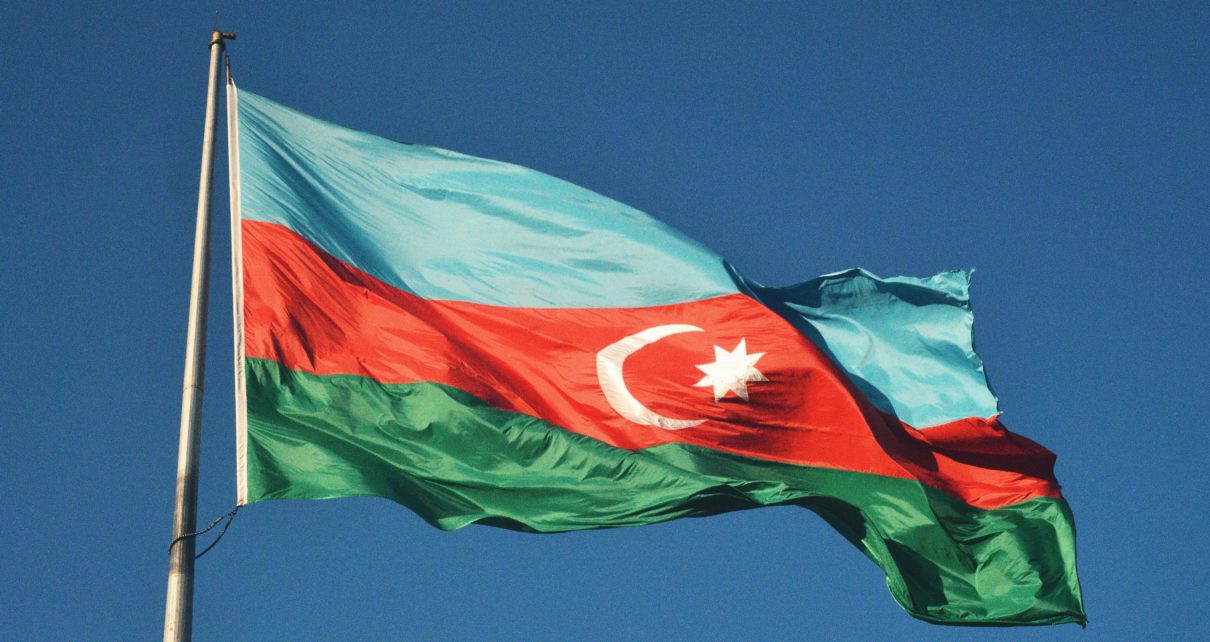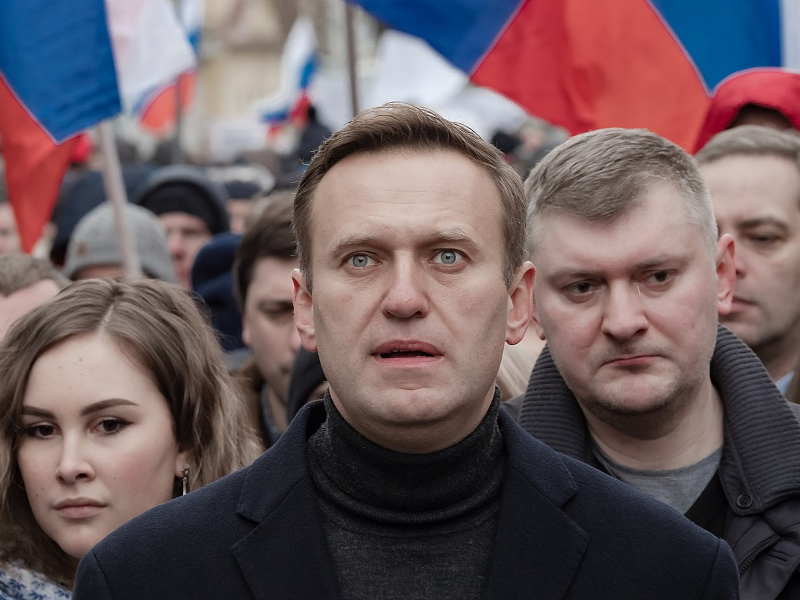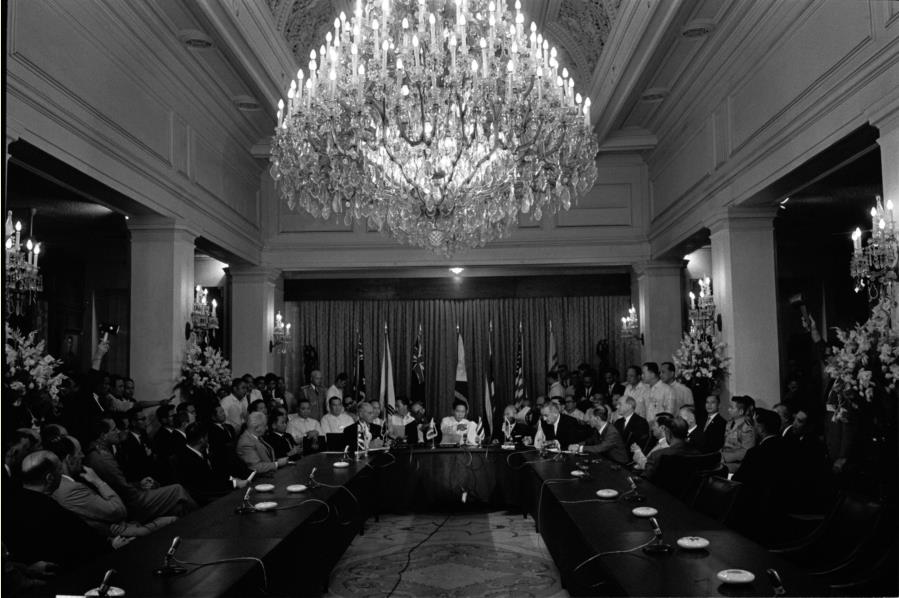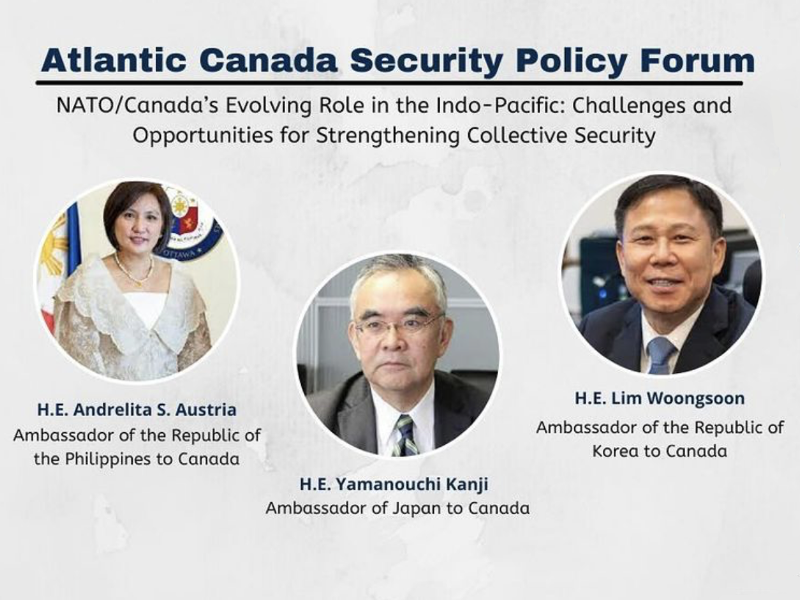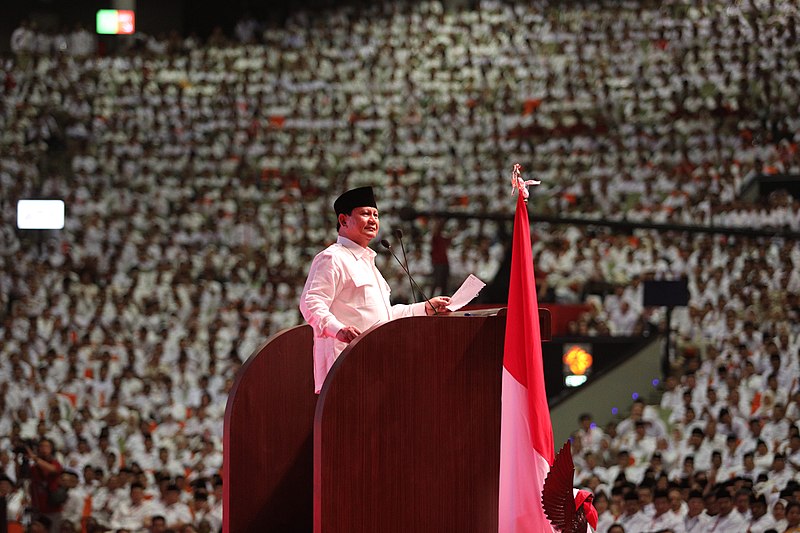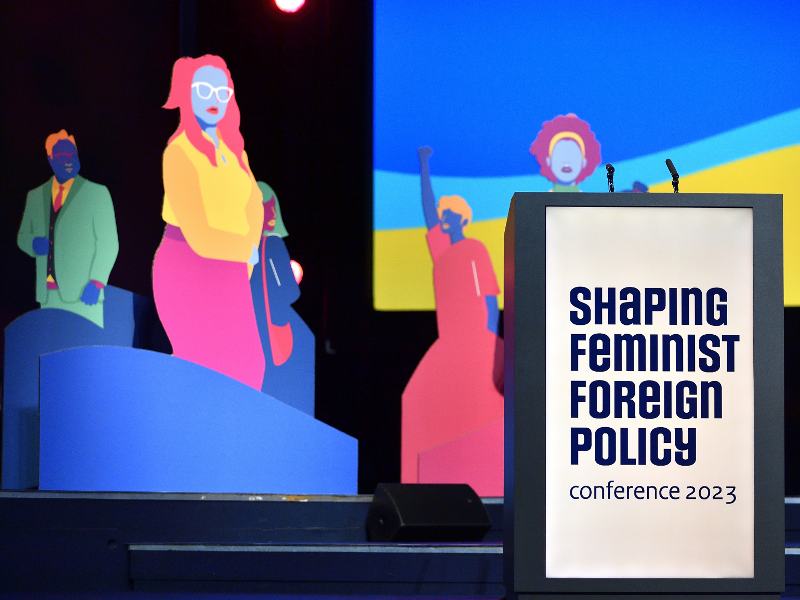Many Venezuelans are eagerly hoping the election July 8, 2024 can be used to restart the rule of law and democratic norms in their country. Why should Canada actively support this process? Under socialist President Nicolas Maduro, during the 2010s, Venezuela became known internationally as the most left-wing country in Latin America, with the exception Read More…
4. Programs
placeholder for programs
The Polycrisis: Behind the Buzzword
Last year, a new buzzword gained significant traction across the international community. Referred to as the “polycrisis,” this key term started circulating across media publications and research institutes before finding its way to the Swiss Alps, where it took center stage. At the 53rd World Economic Forum Annual Meeting held in Davos—a flagship conference dedicated Read More…
Tides of Power: China’s Potential Strategic Dominance in Shipbuilding and Its Influence on Naval Power for the U.S.
China has a significant position in global commercial shipbuilding and its control is growing, granting it a formidable strategic industrial advantage in modernizing and expanding the capabilities of the People’s Liberation Army Navy (PLAN). This is important as the PLAN’s modernization, in numerical and tonnage, combined with its intention to move beyond a littoral naval Read More…
European Pipeline Expansion for Azerbaijan’s Gas Gets Back Under Way
Dr. Robert M. Cutler covers the European pipeline expansion for Azerbaijan’s gas and its contribution to Azerbaijan’s emergence as a pivotal player in European energy security.
Continuing Navalny’s fight: towards a Democratic Russia.
It’s been over two months since Alexei Navalny died in prison. Internationally recognized as Vladimir Putin’s leading critic, Navalny led a bold and courageous journey of challenging the corruption of the Kremlin. In 2011, he founded the Anti-Corruption Foundation to expose the government’s deceitful activities and actively led protests rallying against Putin’s regime. Navalny believed Read More…
From Minilaterals to Indo-Pacific Treaty Organization: An Idea Whose Time Has Come?
FOIP and RBIO Under Threat While many of the North Atlantic Treaty Organization (NATO) member-states are heavily preoccupied with providing military assistance to Ukraine’s self-defence against Russia’s war of aggression in the eastern flank, the latest string of events in the Indo-Pacific is a growing cause of concern that could spark a regional armed conflict Read More…
Roaring Rivals: The Tiger and the Dragon, and the Indo-Pacific Chessboard
India and China are forecast to be the second and third-largest economies in the world by the turn of the next century. The dynamics between these powers demonstrate an uneasy competition as each state tries to increase its own sphere of influence at the expense of the other. These dynamics are thus a mixture of Read More…
NATO Association of Canada and student organisation from Memorial University of Newfoundland officially launches the Atlantic Canada Security Policy Forum
You can listen to our recording of the event here. The NATO Association of Canada, in partnership with student organizations based in Memorial University of Newfoundland, namely the Political Science Graduate Students’ Society (MUN PSGSS), Filipino Students’ Association (MUNFILSA), Women in Cybersecurity (WiCys) – MUN Chapter, and Youth Atlantic Treaty Association – North Atlantic Treaty Read More…
The Rise of the ”TikTok General”: Unpacking Possible Continuities and Changes in Indonesia’s Foreign Policy under President-Elect Prabowo Subianto
Abstract: Indonesia’s election commission has confirmed that Minister of Defence Prabowo Subianto will be the next President of Indonesia. What could possibly remain and change in Jakarta’s foreign policy? In this article, Program Editor Mark Davis Madarang Pablo analyzes the probable sets of economic and security policies that Subianto might pursue against the backdrop of Read More…
A feminist approach to navigating a world in flux.
VUCA. An acronym commonly used by organizational leaders within the business environment has now become all too relevant in the context of international affairs. V. Volatile. U. Uncertain. C. Complex. A. Ambiguous. This is the state that humanity currently finds itself in. Ranging from realities such as increasing levels of political polarization to the rise Read More…

